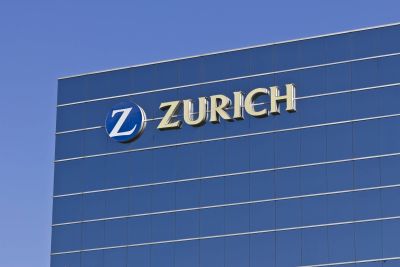In case of dissolution of the company by merger, merger, division, the company is dissolved without liquidation , as all its assets are transferred to the legal successor. It is required that the company, which will be dissolved without liquidation, be in the so-called good condition.
In general, only companies can participate in the merger or division process:
- which are not in liquidation,
- against whom the effects of the declaration of bankruptcy cannot apply, unless the trustee in bankruptcy agrees to the merger, merger or division of the company,
- against whom the effects of the initiation of restructuring proceedings or the authorization of restructuring cannot apply,
- against which proceedings for their cancellation cannot be conducted and they cannot be canceled by a court or on the basis of a court decision.
Merger is a procedure in which, on the basis of dissolution without liquidation, one or more companies are dissolved , while the assets of the liquidating companies are transferred to another already existing company , which thus becomes the legal successor of the liquidating companies.
A merger is a procedure in which, on the basis of dissolution without liquidation, the dissolution of two or more companies takes place , while the assets of the defunct companies are transferred to another newly founded company , which becomes the legal successor of the defunct companies.
The division of a company is a procedure in which, on the basis of dissolution without liquidation, the company ceases to exist, while the assets of the liquidating company are transferred to other already existing companies , which thereby become the legal successors of the liquidating company (hereinafter referred to as "division of the company by merger"), or to newly established companies , which upon their creation become the legal successors of the defunct companies.







